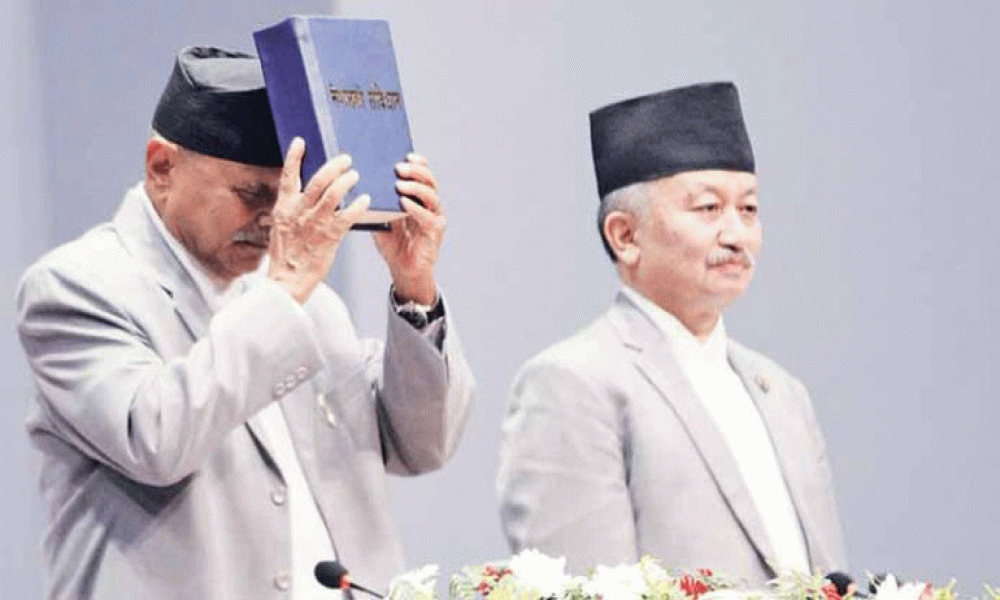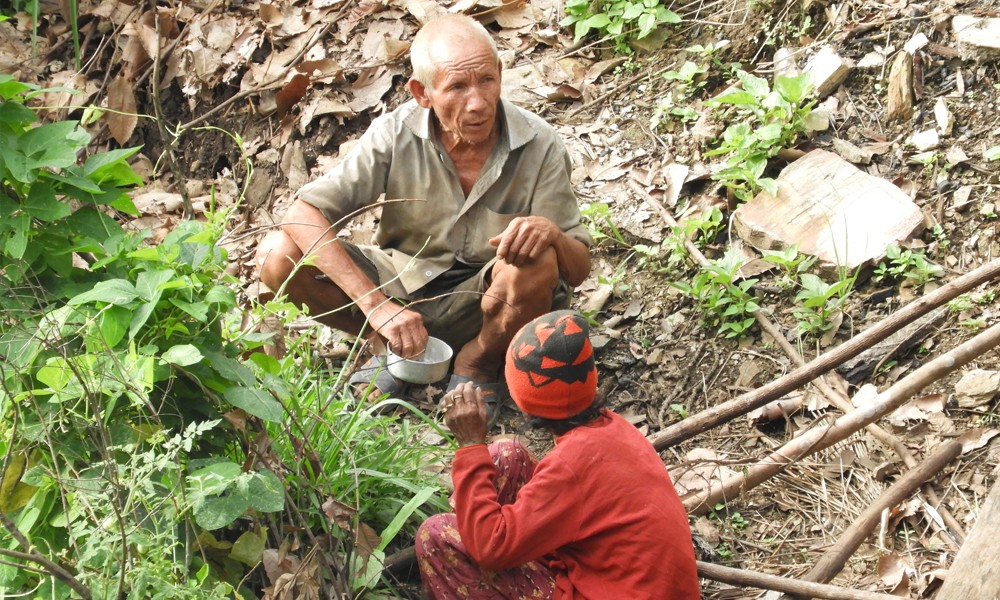Shyam Shrestha
In the first part of this article, I highlighted positive sides of Nepal's recently promulgated constitution. In this concluding part, I have tried to point out which of the constitutional provisions are regressive and why they need to be amended.
The new constitution has unequivocally ensured proportional representation of women and Dalits. But it has failed to do so about Janajatis, Madhesi and Muslims. Under the chapter of social justice, proportional representation has been ensured for those who lag behind others. But that is not sufficient. This is one reason why Madhesis and Janajatis are not happy with the constitution.
The new constitution that is progressive about Dalits and women ended up being a regressive document about Janajatis because Janajatis pressure group failed to function. Nepal Federation of Indigenous Nationalities (NEFIN) did not take the stand, allowing a bunch of hill-Brahmin leaders to decide their fate. A few leaders from the NC and the UML snatched away Janajati rights ensured by the first Constituent Assembly (CA) resolutions.
The new constitution that is progressive about Dalits and women ended up being a regressive document about Janajatis because Janajatis pressure group failed to function.
Krishna Sitauala was President of the CA's Constitution Drafting Committee. He was backed by UML leaders Bhim Rawal and Agni Kharel. The UCPN (M) tried to oppose high-handedness shown by a few NC-UML leaders. But it also gave in, without using its political clout. Without the UCPN (M)'s consent, the constitution could not have been written. But it failed to stick to its guns.
How can a group of leaders undo what was decided by an elected assembly. But that happened in Nepal just recently.
In fact, Janajatis and Madhesis are not demanding anything new. They are demanding what was already decided by the first CA and what was promised by the state. For this simple reason, more than 50 people had to lose their lives.
Madhesis, Janajatis and Tharus are demanding separate states. Nor have they demanded ethnic states. By ignoring these demands, the state has giving space for extremist forces to rear their heads.
Tharus are also angry because their ethnic cluster has been divided. They have been forced to live in two different provinces with other communities. Magars face bigger injustice because they have been forced to live in three clusters. Tharus, Magars and Madhesis want to live in their respective clusters. Madhesis have demanded representation in proportion to their population. This demand is genuine and needs to be addressed.
The interim constitution has ensured electoral constituencies in proportion to population. Madhesis want continuity of this provision. Why can we not have a provision that was in the interim constitution? A few NC and UML leaders decided provisions about electoral constituencies to serve their electoral interests.
Madhesis, Janajatis and Tharus are demanding separate states. Nor have they demanded ethnic states. By ignoring these demands, the state has giving space for extremist forces to rear their heads.
(part 2)
(Shyam Shrestha is an eminent political analyst previously associated with Mulyankan magazine. He was also a member of the now-dissolved Constituent Assembly that passed Nepal's new constitution. This article is an extract from Shrestha's speech at an interaction program in Hong Kong. The first part of the article, where he points out progressive provisions of the constitution, has already been published.)









